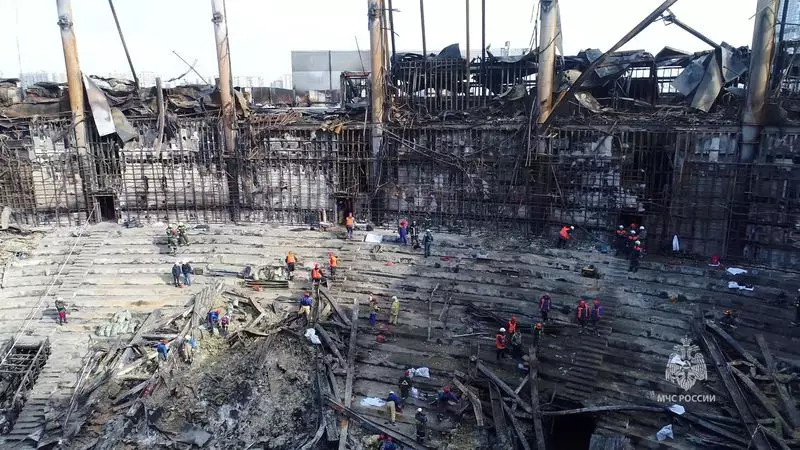The aftermath of the March 22 concert hall attack near Moscow has caused a significant number of migrant workers to leave Russia and return to Tajikistan. The attack, which resulted in the death of at least 144 people, has instilled fear and panic among citizens, prompting them to seek refuge in their home country. Tajikistan’s Ministry of Labour, Migration, and Employment has reported a surge in the number of calls from concerned individuals who wish to leave Russia.
The mass exodus of migrant workers from Russia is exacerbating the existing labour shortage in the country. The construction industry, in particular, is facing a deficit of workers, with a 36% increase in shortages compared to the previous year. Anton Glushkov, the president of the National Association of Builders (NOSTROY), has warned that the outflow of migrant workers may further worsen the situation.
The Russian Central Bank has raised concerns about staff shortages leading to a surge in wages, which in turn could contribute to inflation. The outflow of migrant workers is expected to have a significant impact on various sectors of the economy, creating challenges for businesses and industries that rely heavily on foreign labor. The consequences of this trend could be far-reaching and long-lasting.
Despite the current trend of migrant workers leaving Russia, Tajikistan’s labour ministry believes that this outflow will be temporary. The ministry expects that the situation will stabilize in the coming months and that migrants will eventually return to Russia once the security concerns are addressed. However, the long-term implications of this mass migration remain uncertain.
The Moscow concert hall attack has had a profound impact on migrant workers in Russia, leading to a surge in the number of individuals returning to their home country. The resulting labour shortage and economic challenges highlight the vulnerability of the Russian economy to external shocks. As the situation continues to evolve, it is crucial for both countries to address the underlying issues and work towards a sustainable solution that benefits all parties involved.

